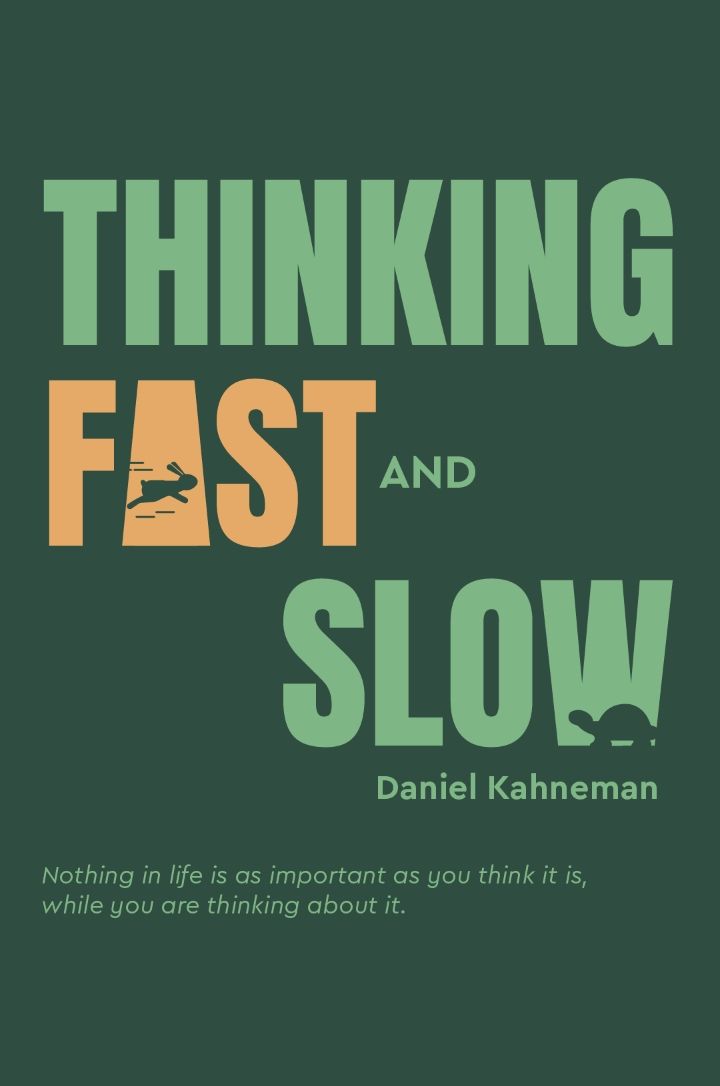Our attention is limited, leading us to miss unexpected events from "summary" of The Invisible Gorilla by Christopher Chabris,Daniel Simons
In our everyday lives, we often rely on our attention to guide us through the multitude of tasks and information that bombard us constantly. However, what we fail to realize is that our attention is not as reliable as we would like to believe. In fact, it is quite limited in its capacity, which can lead us to miss unexpected events that occur right in front of our eyes. The concept of limited attention is explored in the book "The Invisible Gorilla" by Christopher Chabris and Daniel Simons. The authors use a variety of examples and experiments to demonstrate how our attention can be easily fooled or overwhelmed, resulting in us missing things that seem obvious in hindsight. This phenomenon is often referred to as "inattentional blindness," where we fail to see things that are in plain sight because our attention is focused elsewhere. One famous example that the authors discuss is the "gorilla experiment," where participants are asked to watch a video of people passing a basketball and count the number of passes. In the midst of this task, a person in a gorilla suit walks through the scene, but surprisingly, many participants fail to notice the gorilla because their attention is fixated on counting the passes. This experiment highlights how our attention can be so narrowly focused that we miss even the most conspicuous and unexpected events. Furthermore, the authors explain that our attention is also influenced by factors such as expectations, biases, and cognitive load, all of which can impact our ability to perceive our surroundings accurately. For instance, if we are expecting to see something specific, we may overlook other important details that do not align with our preconceived notions. Additionally, if our cognitive resources are taxed by multiple tasks or distractions, our attention becomes even more limited, making us more prone to missing unexpected events.- The concept of limited attention presented in "The Invisible Gorilla" serves as a reminder that our perception of the world is not as reliable as we may think. By understanding the constraints of our attention, we can become more aware of our blind spots and work towards improving our ability to notice unexpected events that may escape our awareness.
Similar Posts

Readers will come away from the book with a newfound appreciation for the complexity of the human brain
Throughout the clinical tales presented in this study guide, readers are exposed to the intricate and multifaceted nature of th...

Our mind is a comfortable home for System 1 but System 2 is lazy
System 1, your automatic thinking system, is always running in the background, ready to jump in whenever needed. It is quick, e...

You cannot multitask
Our brains are not capable of performing multiple tasks simultaneously. This is a common misconception that many of us have, bu...
Making mistakes is a natural part of the human experience
Mistakes are an inevitable part of the human experience. They are woven into the fabric of our daily lives, shaping our decisio...
Memory is not a mental mechanism
The concept that memory is not a mental mechanism is crucial to understanding the nature of the mind. When we talk about memory...
Our attention is limited, leading us to miss unexpected events
In our everyday lives, we often rely on our attention to guide us through the multitude of tasks and information that bombard u...

